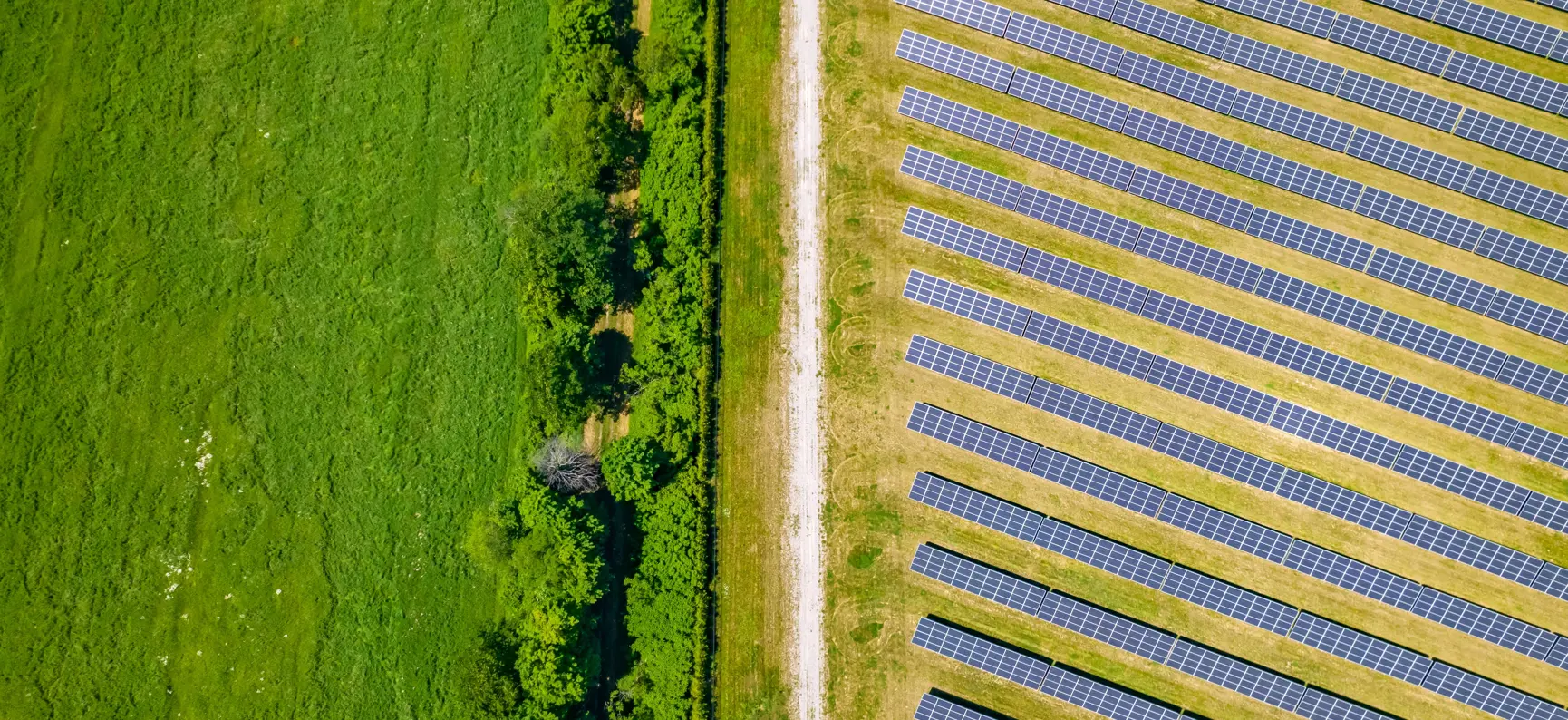
The cascading effect of Scope 3 means businesses of all sizes must now consider how to reduce their carbon footprint. Done cleverly, this can be a cost-saving exercise.
“Climate change is one of the greatest threats we face. To avert a climate disaster, we need to take action now,” stresses Steve Malkin, CEO and Founder of Planet Mark. “2025 to 2030 is a critical period to protect the future of our planet.
To discuss this, Inflexion recently invited its portfolio to hear from Steve and his team at carbon reduction specialist Planet Mark. The business sets out to help companies with carbon reduction strategies, and is adamant they are no longer merely ‘the right thing to do’ but can actively boost profitability, operational resilience, and brand reputation. According to Planet Mark data, 73% of UK businesses are expected to prioritise net zero in the next year, and 90% believe it boosts reputation.
A key driver of this urgency around net zero is the expanding reach of Scope 3 emissions reporting. Often described as a ‘regulatory waterfall’, Scope 3 requirements cascade from large enterprises through their supply chains to smaller businesses. This means that even SMEs must now pay close attention to emissions they don’t directly control.
This is easier said than done. It is recommended to start by mapping activities across the Scope 3 categories to identify relevant areas. Then it is advisable to define boundaries and understand where emissions occur. Finally, choose a measurement method – and this is tricky. Choices here are: Supplier data: using cradle-to-gate greenhouse gas figures; Activity-based data: quantifying emissions by usage (for example fuel or material volume); Spend-based data: estimating emissions from financial spend, which is fast but less accurate.
“The more accurate the data, the more impactful the strategy,” Steve advises.
Carbon reduction that pays
Crucially, taking action doesn’t have to be all cost and no return. Alcumus, a technology-led risk management and compliance solutions business backed by Inflexion, is living proof that carbon reduction can be good for the planet as well as the P&L.
Working with Planet Mark, Alcumus recently embarked on a journey to transition to clean energy and install solar power. The exercise should generate over half a million pounds in projected savings in the years ahead.
Alcumus’ UK operations were previously powered by non-renewable energy across two sites, each with separate energy contracts and timelines. The combined cost of these contracts was around £220,000 a year. With just three months left before renewal, Planet Mark devised an alternative.
It utilised its market insights and access to a reverse auction benchmarking platform to identify a REGO-backed clean energy supplier offering a lower rate. It translated to a £132,000 saving over the new contract term, as well as a reduction of 164 tCO2e in Alcumus’ market-based emissions forecast for 2025.
Reinvesting for impact
But the gains didn’t stop there. The solar installation is projected to save £433,000 over the next 25 years, deliver a payback period of 5.3 years, and reduce daytime electricity grid imports by 23%.
The benefits are coming sooner than promised, according to Nicole Jackson, Global Sustainability Manager at Alcumus. “We are already winning since we reinvested most of the savings that Planet Mark’s clean energy procurement team provided us into a rooftop solar array which will deliver a further financial benefit and lower Alcumus’ carbon footprint in the process.”
Combined with energy procurement, the total estimated savings total £565,000 over 25 years for Alcumus.
“Numbers aside, the outcome really was a huge milestone for our carbon footprint and renewable energy targets. Sustainable choices can be financially compelling, Nicole enthuses, adding she reviews ROI on an annual basis to ensure it marries with actual usage.
“Aligning with net zero targets can be both economically and environmentally advantageous,” says Jennie Galbraith, Sustainability Director at Inflexion
Inflexion backed the buyout of Alcumus in 2015 and the ensuing transformational acquisition of Santia in 2015. It was the first of six acquisitions during the initial investment period, which also saw significant international expansion. Inflexion also supported the management team to build a scalable platform providing a unified solution to its customers, improve the value proposition, and strengthen the company’s ESG offering.
Inflexion sold its majority investment for over £600m to Apax Partners LLP in 2022, generating a 5.9x return and 37% IRR. Inflexion subsequently made a minority investment into Alcumus to support the business’s continued growth. In 2023, Alcumus acquired Planet Mark.




